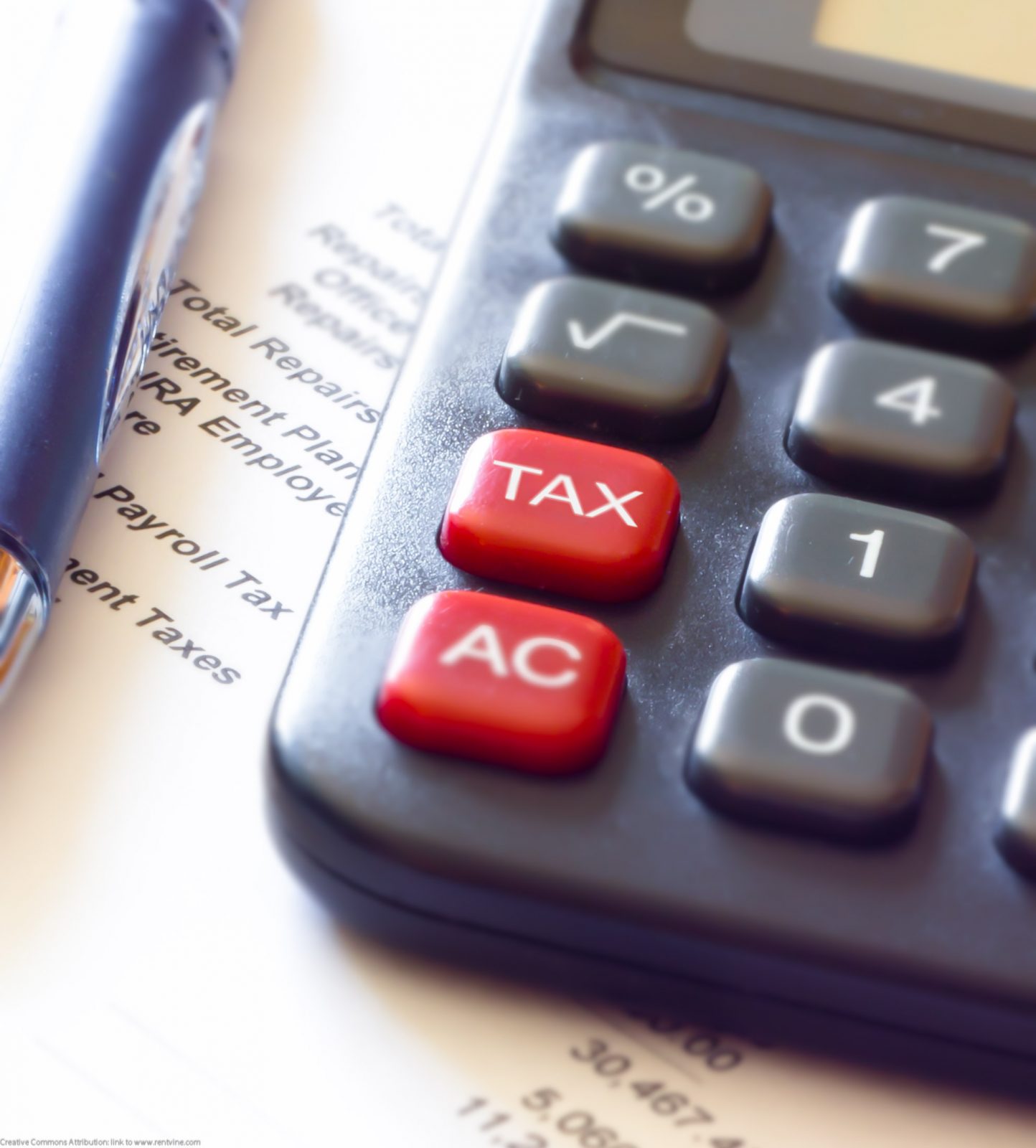CORNWALL, Ontario – At their meeting on Monday, April 30, Council recommended a residential tax rate of 3.97 percent. This is the second time that the Council has voted on a recommended tax rate this year.
In March, the Budget Steering Committee made a recommendation that City Council pass a residential tax rate of 4.86 percent. Although the Budget Committee passed the 4.86 percent number, and although the Budget Committee and City Council are identical in composition, that percentage did not pass Council.
This time, Councillor David Murphy came forward with a new motion to remove $393,000 from the City’s contribution to its brownfield reserve for 2018.
The brownfield reserve is used to subsidize developers who want to build on contaminated soil, the money from the brownfield reserve would be used to clean-up the property.
The reserve currently stands at around $102,000.
The Budget Committee passed the motion to remove $393,000 from this year’s brownfield reserve contribution and only contribute $100,000.
“We are almost in May and there is no sign we would be using it before Fall,” said Councillor Murphy. “It is a safe drop and it also brings the budget down below 4 percent.”
Tracey Bailey, Cornwall’s General Manager for Finances said that there had not be a significant withdrawal from the reserve since 2010 and that the average since then has been around $25,000. This year, the City expects to pay out around $40, 000 from the reserve.
Some councillors worried that by holding back from the reserve, the City would be hobbling its future growth prospects.
“I’m not infavour of the reduction because I think what we have to do is to start investing in yourself again,” said Councillor Elaine MacDonald.
Ultimately, Council felt however that $200,000 for the reserve for this year would be adequate.
The passing of that motion lead into the final vote on the 2018 budget.
Councillors were unhappy about passing a tax increase of 3.97 percent onto residential rate payers and felt that the public was unaware of the challenges that they were dealt. Namely, Councillors Denis Carr and Claude McIntosh pointed to the Municipal Property Assessment Corporation who they say did not properly assess many properties in the City of Cornwall. These wrong assessments, particularly for distribution centres like Walmart Logistics, left the city in a position of needing to pay back hundreds of thousands of dollars to those commercial businesses.
“This has been a marathon of a budget,” said Councillor Bernadette Clement. “It has been a challenging year and a lot of it not in our control. A lot of it has to do with MPAC.”
She also pointed to senior levels of government not coming to the table with as many capital dollars as in the past.
The final residential tax rate of 3.97 percent passed because many councillors seemed to feel that they were at a dead-end after a long budget season.
“We have to find some sort of middle ground,” said Clement. “I’m willing to support this budget at this level because we have to move forward.”
A residential tax increase of 3.97 percent represents an annual tax rate of $2,402.52 or an increase of $91.68 over last year for a home valued at $167,000.



